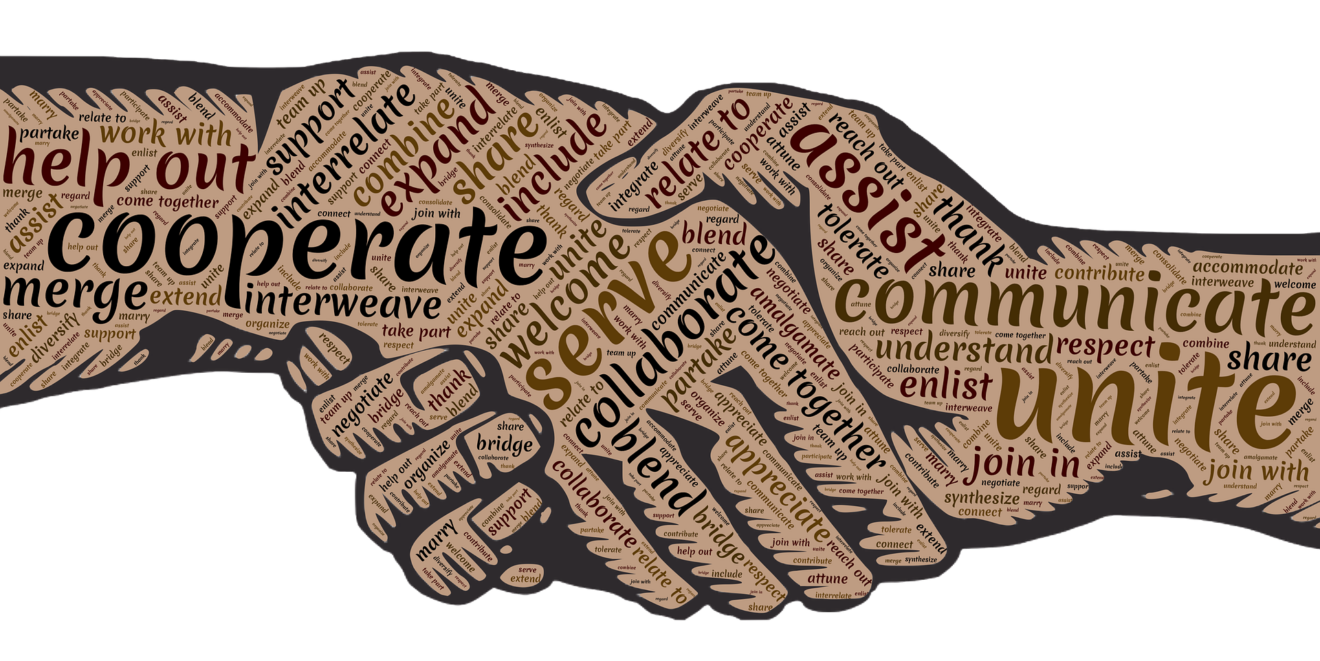Empathy fosters conversation, understanding and resolution — all of which enhance trust. By contrast, a lack of goodwill tends to manifest itself in resentment, mistrust and confrontation, resulting in self-fulfilling breakdowns of trust.
Each month, When Growth Stalls examines why businesses and brands struggle and how they can overcome their obstacles and resume growth. Steve McKee is the president of McKee Wallwork + Co., an advertising agency that specializes in working with stalled, stuck and stale brands. The company was recognized by Advertising Age as 2015 Southwest Small Agency of the Year. McKee is also the author of “When Growth Stalls” and “Power Branding.”
SmartBrief offers more than 200 newsletters, including SmartBrief on Leadership and newsletters for small businesses and marketers and advertisers.
The other day a colleague darkened my doorway sporting a disconcerted look on his face. Apparently, one of our vendors had created an issue which resulted in us losing a client assignment. It wasn’t the end of the world, but it did cause some embarrassment and a lost opportunity. Naturally, we were unhappy with the vendor.
We agreed to hold off on any response for the moment, in part because it seemed somewhat out of character for this company — which, up to that point, had been a trusted partner — to cause such a problem. Sure enough, a few hours later, we received new information that explained everything. Yes, the project was dead, but the vendor had done nothing wrong. We had misunderstood the circumstances. Fortunately, no drama resulted because we had exercised discretion based on goodwill.
On a balance sheet, goodwill is an asset that increases the value of a company. Although it’s intangible, there’s no question that it’s real—and can be substantial. To neglect the goodwill a company has earned is to misunderstand its full value. The same is true in personal and professional interactions.
Unfortunately, in our broader business (and certainly political) climate, goodwill is in short supply these days. It is growing increasingly common to reflexively interpret someone’s action as good or bad based solely upon whether we view the actor through a lens of virtue or vice. It’s human nature to presume goodwill from those with whom we identify (politically or otherwise) while presuming the opposite from others. It’s also unproductive and, quite often, unfair.
At my company, we have a rule of redress based on the presumption of goodwill. It stipulates that, if you have a problem with a colleague, you have the responsibility to give them the benefit of the doubt and address the issue directly, privately and respectfully. If that doesn’t work you can move it up the chain, but that happens infrequently.
As a result, we have a healthy internal culture and there’s very little gossip and gamesmanship in our day-to-day interactions.
It’s amazing how many offenses are forgiven and problems resolved by following this simple standard. Co-workers and colleagues (not unlike spouses and friends) seldom intentionally try to offend one another, but we are all human, so miscommunications and misunderstandings happen. Most of the time they’re unintentional, so the presumption of goodwill saves a great deal of angst and energy.
Approaching others with goodwill engenders empathy; you cut them slack, do your best to walk in their shoes, and view things from their perspective. Empathy fosters conversation, understanding and resolution — all of which enhance trust. By contrast, a lack of goodwill tends to manifest itself in resentment, mistrust and confrontation, resulting in self-fulfilling breakdowns of trust. And we wonder why office politics (and politics in general) are so bad.
Presuming goodwill requires you to begin with the perspective that the issue is not solely about the other person or their actions; it’s just as much about your own frame of mind. A rule that has served me well over the years is to beware of doing anything when I’m agitated. If the anger persists until tomorrow or next week I can still act on it, but so often what I’m tempted to do in the heat of the moment will cause more problems than it solves.
It may be (sadly) unrealistic to expect more discretion and goodwill in our broader cultural debates, but as a leader you should insist on it in your organization. More importantly, you should model it. Yes, presuming goodwill requires more emotional energy and intelligence on the front end of a sticky situation, but on the back end, it’s well worth it.
